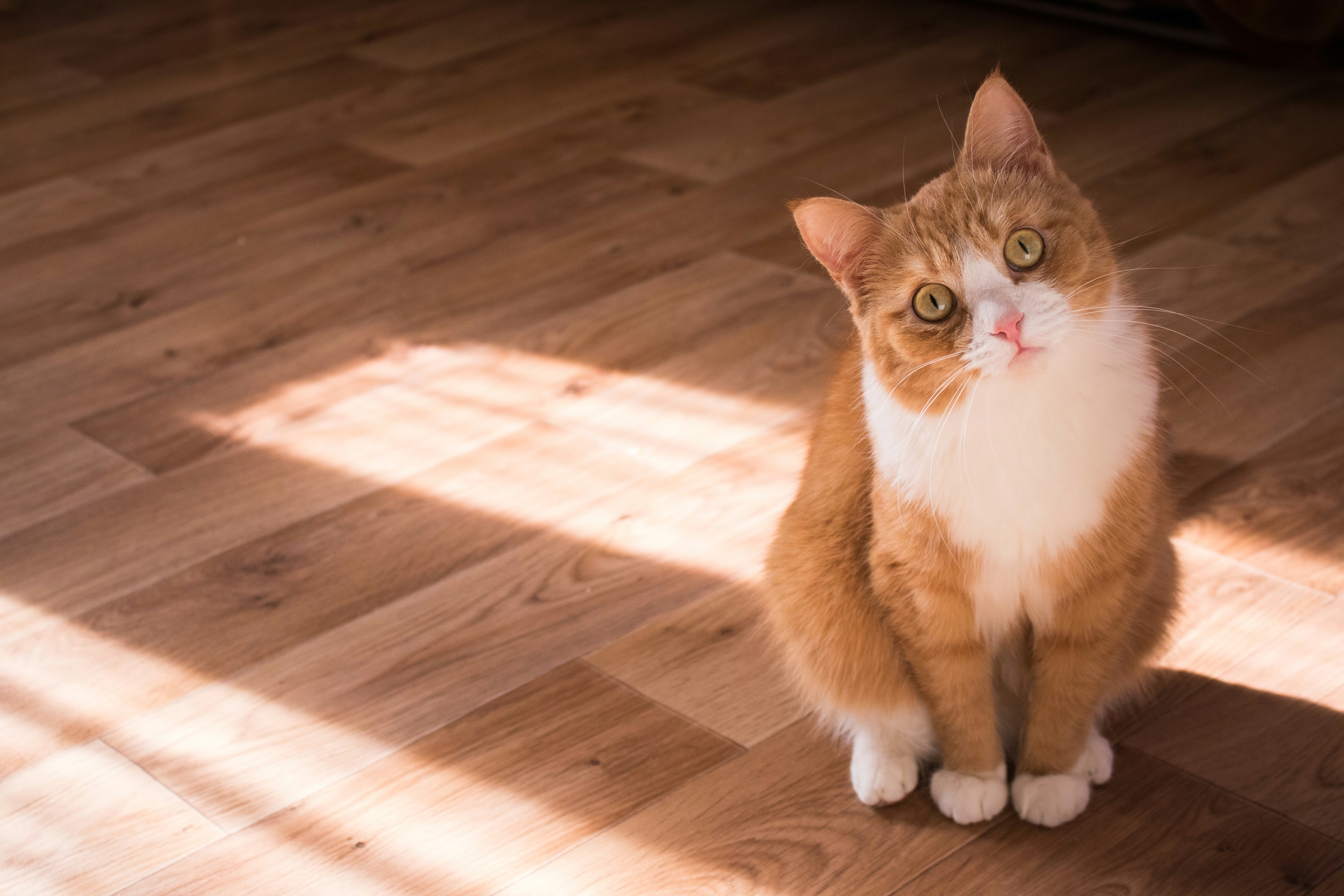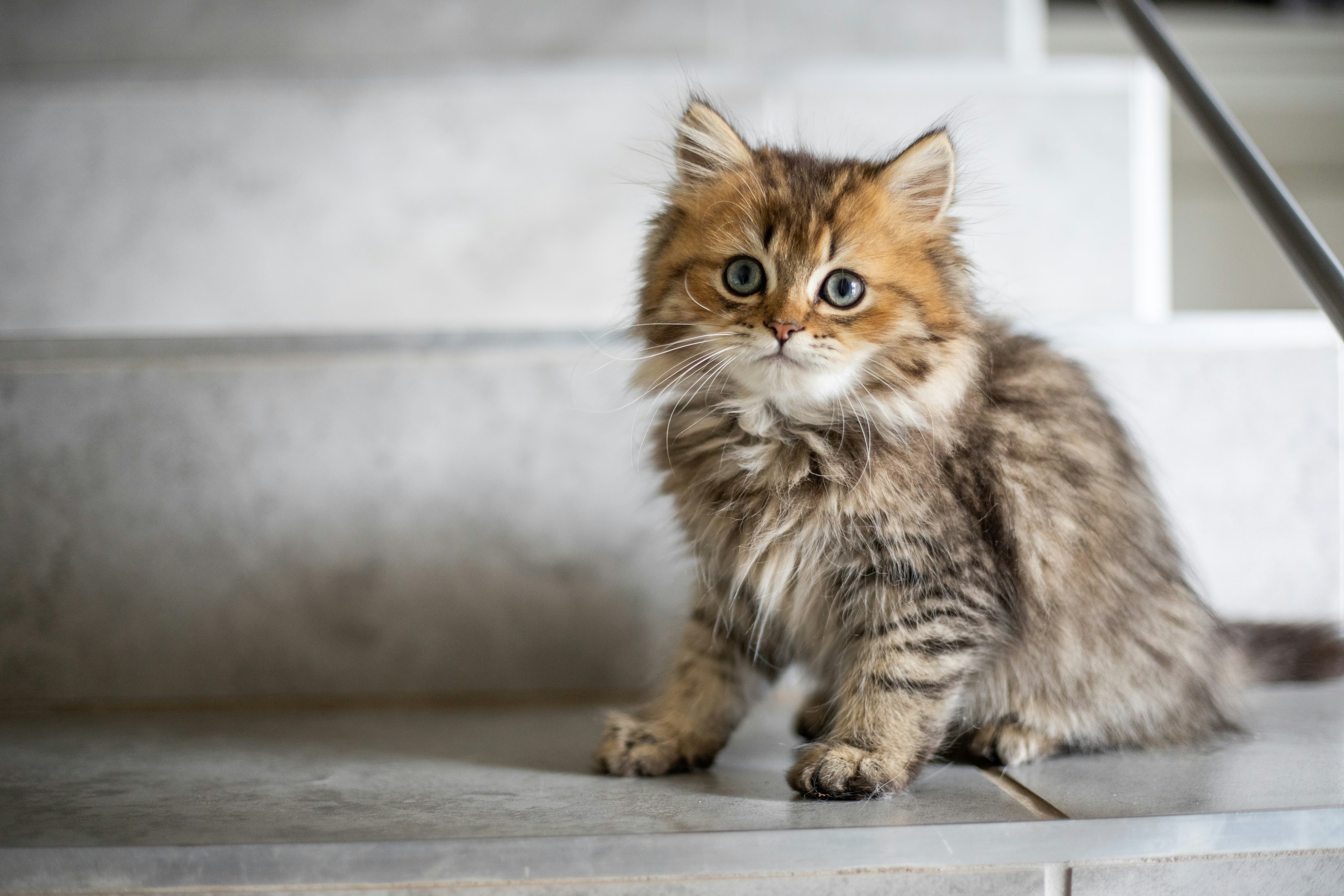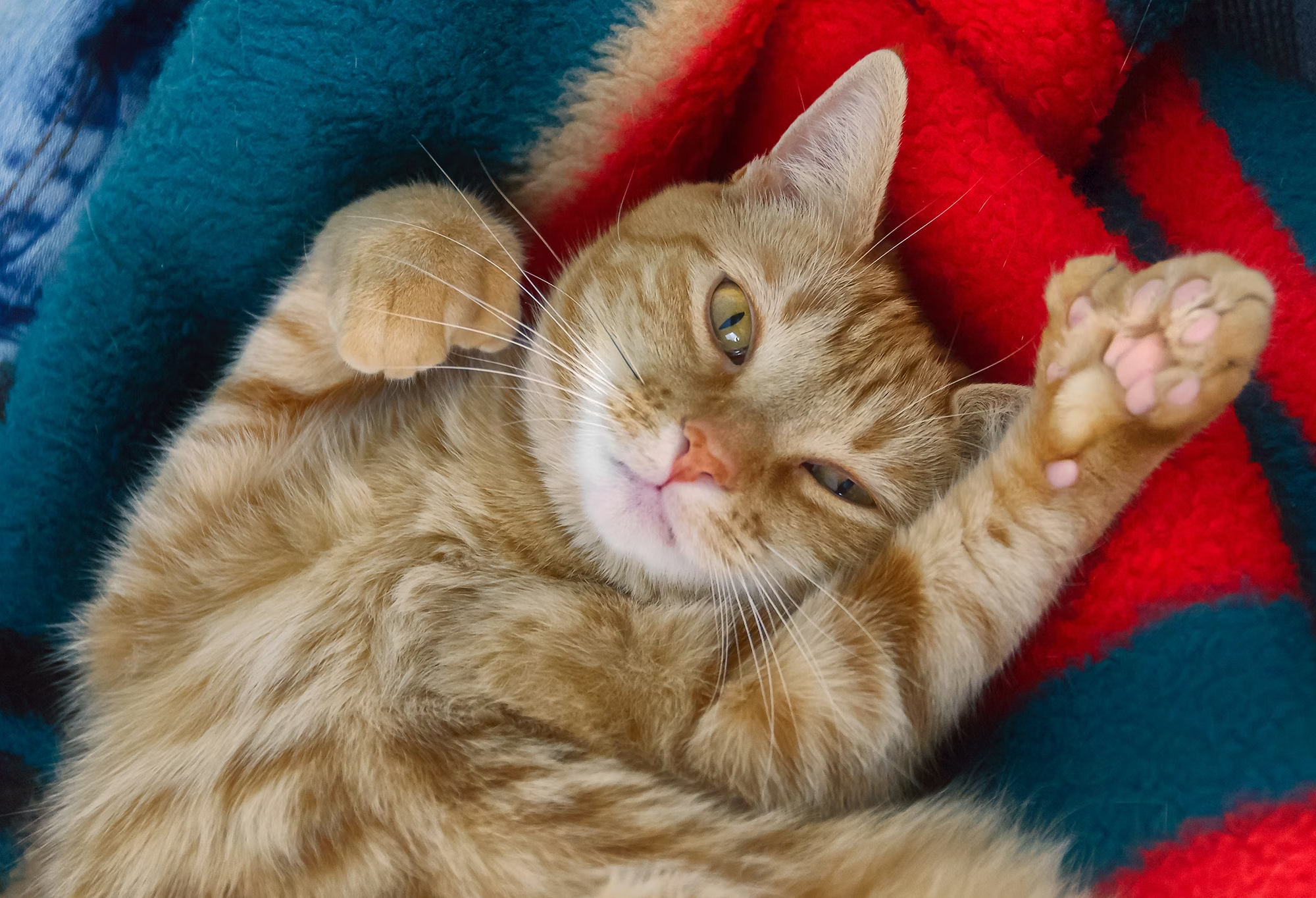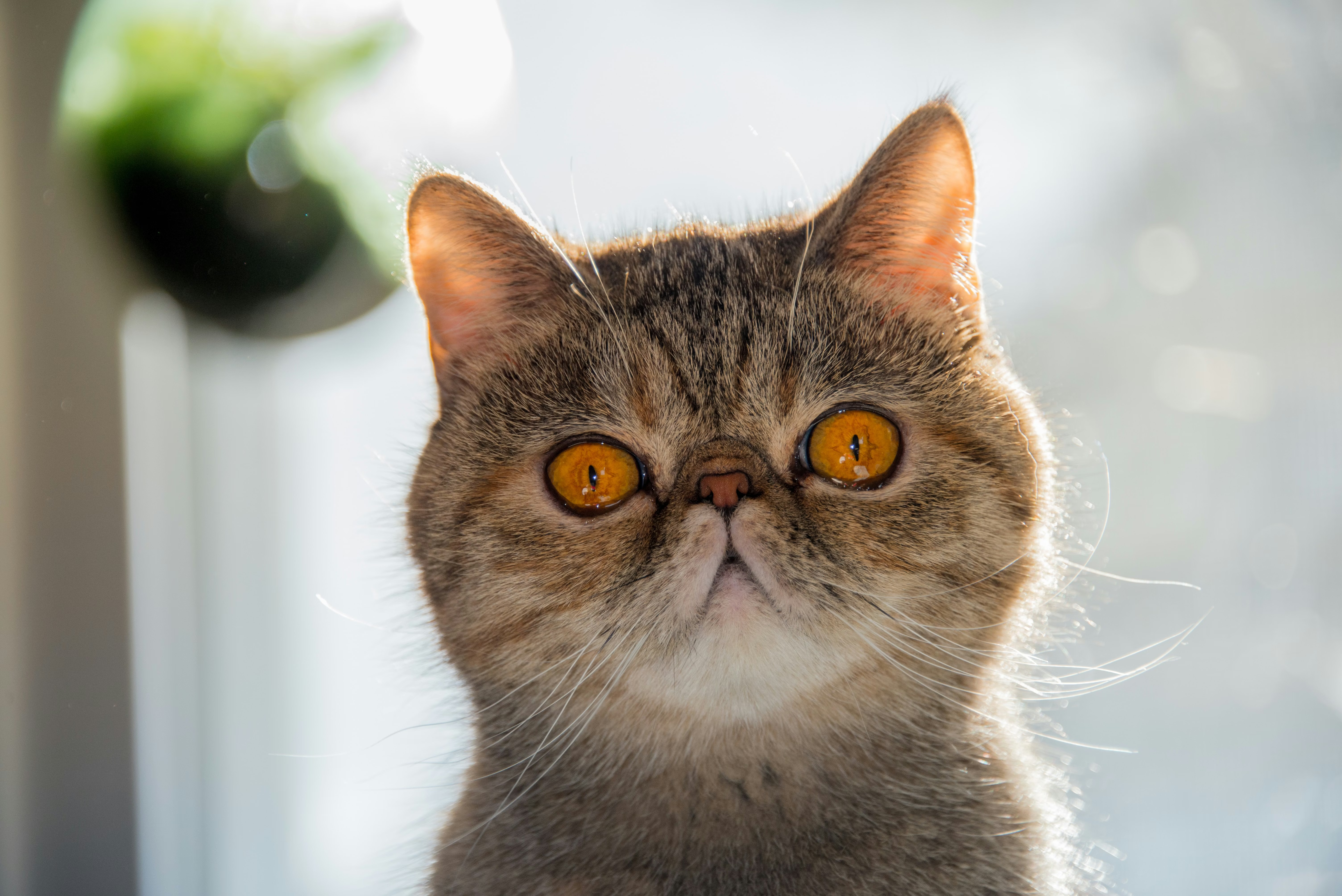Cats, like humans and many other animals, have different blood types. A cat’s blood type is inherited—the result of the genetic contributions of their mother and father. While blood type doesn’t play a role in your cat’s day-to-day life, there are certain instances when knowing their type is critical. So, let’s break down the differences between feline blood types and explain when and how blood type can impact your cat’s health.
The different feline blood types
Cats have three main blood types: A, B, and AB. These blood types are determined by the presence or absence of specific proteins, called antigens, on the surface of red blood cells. Cats with blood type A have the A antigen on their red blood cells, while cats with blood type B have the B antigen. Cats with blood type AB have both A and B antigens.
Antigens help the immune system recognize whether a cell is "self" or "foreign." When foreign antigen is detected, the body mounts an immune attack against it. This process can occur in the blood, indicated by agglutination or clumping, and can be harmful or even deadly.
Type A is the most common blood type in domestic cats, though the frequency of the different types varies by geographic region. For example, while type B is found in only 6% of cats in the United States, in Australia, that number exceeds 25%. Breed may also play a role, as blood type B is most commonly found in the American Curl, Cornish Rex, and Devon Rex breeds.
Blood type AB is extremely rare. However, in a recent large-scale genetic study conducted by Wisdom Panel scientists, type AB was observed in the European Shorthair, RagaMuffin, and Scottish Fold breeds.
How the feline blood types are genetically expressed
As with all genes, cats inherit one copy of the gene responsible for blood type from their mother and one from their father. The gene variant for type A is dominant, so it requires only one copy in order for a cat to have blood type A. When it comes to the other two types, things get a little trickier.
The variants for type B and type AB are both recessive, though type AB is dominant over type B. Therefore, the hierarchy of gene expression is:
- One or two copies of the Type A variant = Blood type A
- Two copies of the Type B variant = Blood type B
- Two copies of the Type AB variant = Blood type AB
- One copy of the Type B variant and one copy of the type AB variant = Type AB
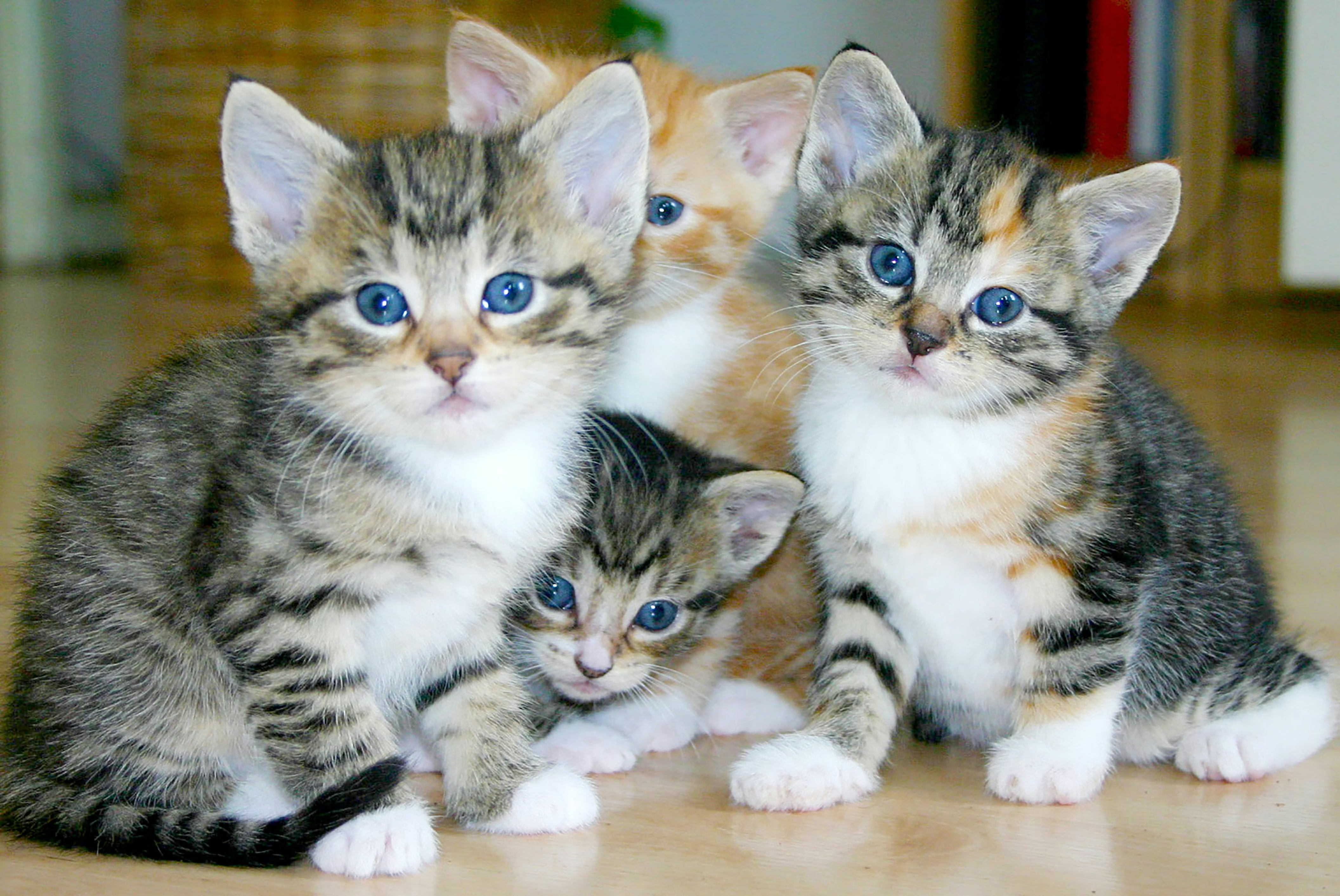
Why knowing your cat’s blood type important
Awareness of blood type is vital for both breeding and transfusion purposes.
Breeding
If you plan to breed your cat, knowing their blood type can help you avoid the antigen-related issues described early—in particular, a condition known as neonatal isoerythrolysis (NI).
NI occurs when a kitten inherits a different blood type than the mother, and her antibodies attack the kitten’s red blood cells, leading to severe anemia or even death. This is of particular concern when a blood type B female cat mates with a blood type A male cat. Potential issues won’t arise during pregnancy, as kittens are protected from their mother’s immune system. Once kittens are born, however, they receive antibodies from their mother’s milk while nursing.
By knowing the blood types of both parents, you can avoid breeding combinations that could result in NI. If the parents’ blood type is unknown, separating the kittens from their mother after birth and bottle feeding them for the first 24 hours will reduce risk.
Transfusions
In the case of transfusions, it’s important to ensure that the donor blood is compatible with the recipient’s blood type.
- Blood type A cats can receive blood from other type A cats but not from type B cats.
- Blood type B cats can receive blood from other type B cats but not from type A cats.
- Blood type AB is the most versatile, as cats with this blood type can receive blood from either type AB or type A cats.
Unlike humans, cats have no universal donor or universal recipient blood type, so it’s important to know your cat’s blood type and seek out a compatible donor if needed.
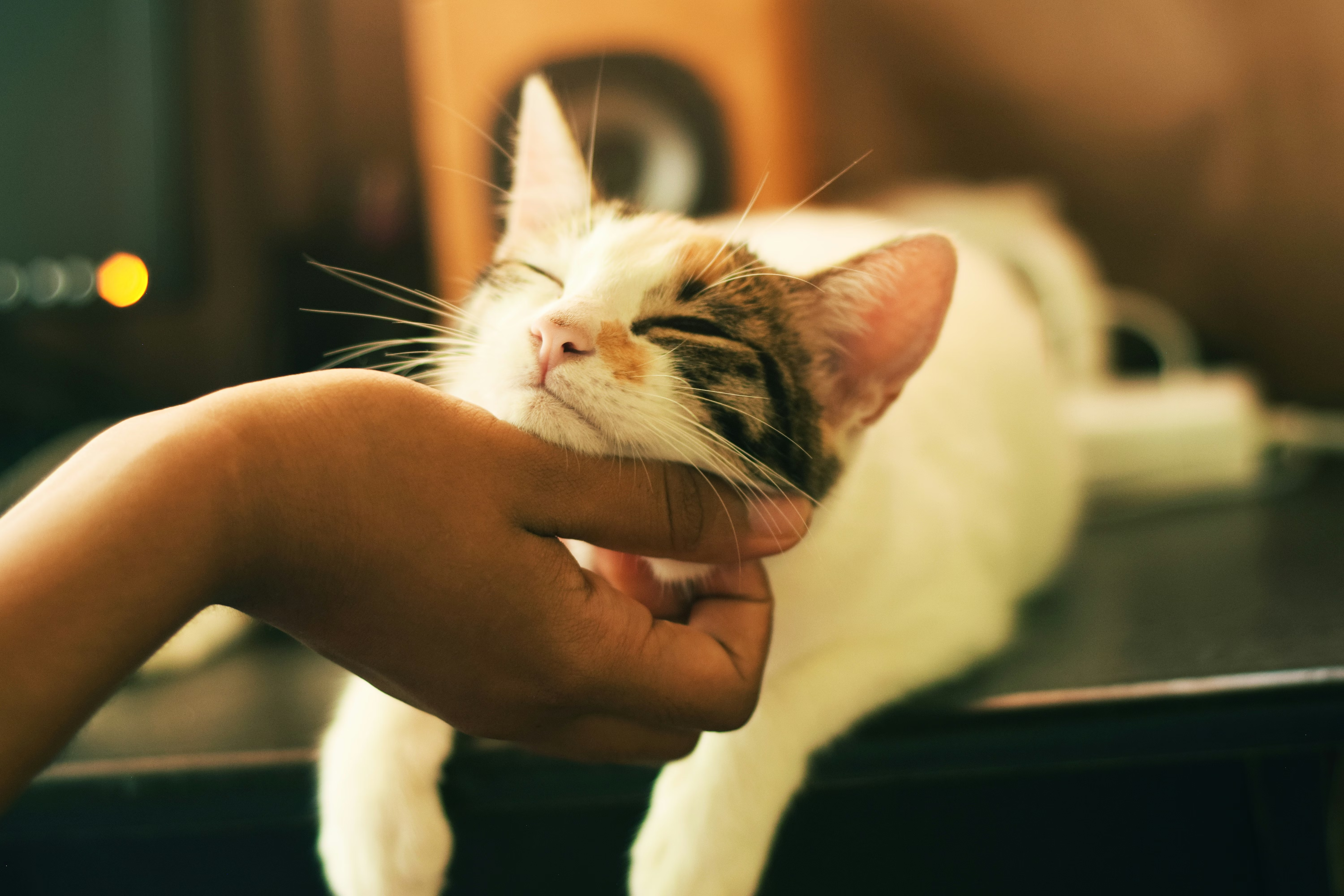
How you can learn your cat’s blood type
There are a couple of ways to discover your cat’s blood type. One way is for a veterinarian to perform a blood test. This test will identify the presence or absence of the A and B antigens on the red blood cells.
Another option is to use a cat DNA test that identifies specific gene mutations responsible for the different blood types. For example, Wisdom Panel’s Complete for Cats identifies four variants in the CMAH gene.
By understanding the different feline blood types and how they differ, you can promote the well-being of your cat. Whether you’re planning to breed your cat or proactively guarding against transfusion-related complications, knowing your cat’s blood type can help your cat live a long and healthy life.
Ready to learn your cat's blood type?
Order a Wisdom Panel Complete for Cats DNA test today.
Shop Now